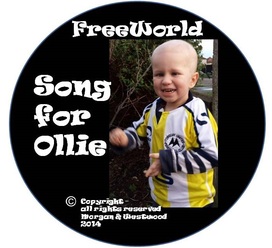
To rekindle my energy and enthusiasm for writing something I thought I'd look again at Ollie's unfolding story on his website, Facebook page (which has 149 friends) and the YouCaring webpage hosting 410 donations given by friends and people who don't know Ollie or his family. I found the messages of support, love and friendship, and the stories of things that people had done to raise money truly inspiring. Many people had not just given but organised or hosted some sort of event like raffles, auctions, pub quizzes, table top sales, coffee mornings. One person had run a marathon and a group of office workers had donated their lottery winnings foregoing the pleasure of a fun night out. Ollie's illness and the journey his family are making have touched many people and made them want to give and in some cases create events that encourage others to give. So that one little boy's fight against cancer has spawned a whole ecology of action aimed at raising money both directly for the Lovis family and more generally for charities that are helping other children with cancer. This is a wonderful story and it shows how a horrible situation can inspire many people to do something positive and good. And it made me feel good that I and my band have been a part of this ecology of love and support to achieve something worthwhile on behalf of friends in need.
The band was happy to keep going with the fund raising using the Song for Ollie as a way of focusing attention on the issue of children with cancer. I set up our own YouCaring webpage and linked this to the Freeworld's website which now hosts 8 tracks of our CD which can be downloaded free with encouragement to donate. I set ourselves (myself) the target of raising £1000 for Children with Cancer and my sister was brilliant in kick starting the campaign with a £100 donation.
So on reflection all sorts of actions, new ideas, new products, new relationships and friendships have grown out of this ecological process. Ollie has inspired many people to do many new things. He is the inspiration for much human enterprise and creativity and has enabled many people to feel better about themselves because they have connected in some small but deeply human way to his life story.
This story has given me another perspective on the idea of ecologies for learning and achieving something we value so I wrote a piece for the next issue of Lifewide Magazine
| song_for_ollie.pdf |
| | 'Nebulous' Song of Hope for Ollie |
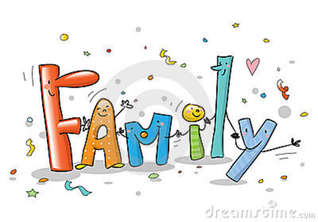

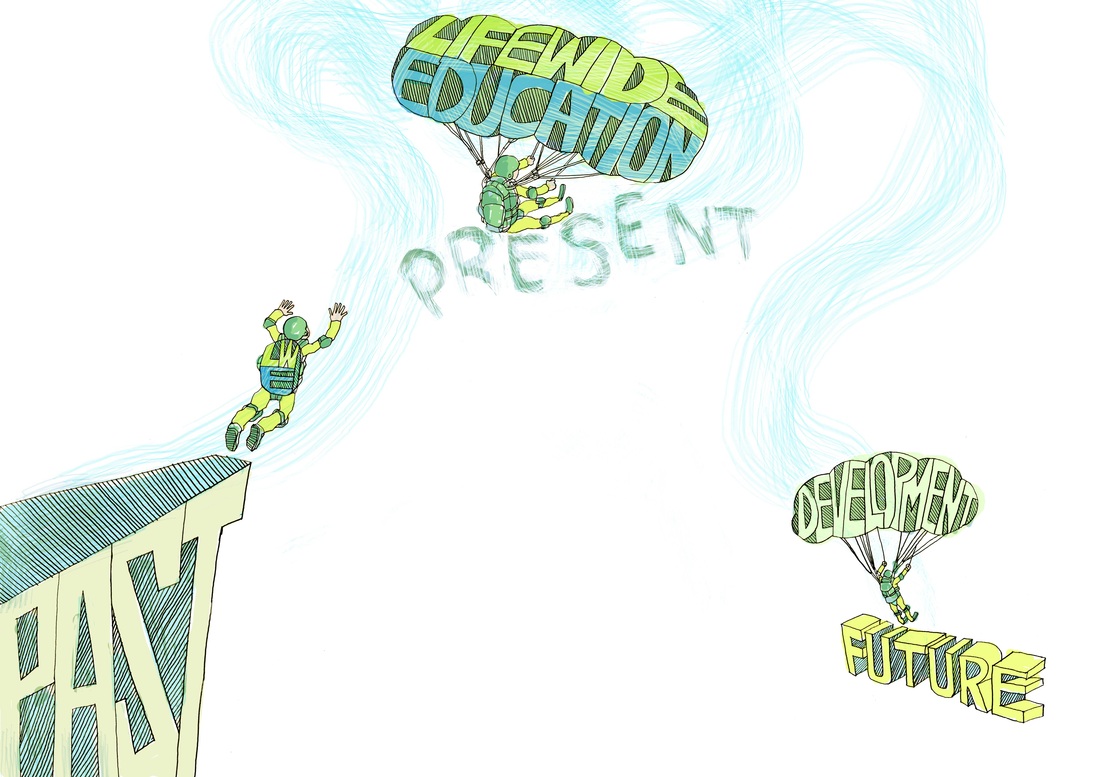
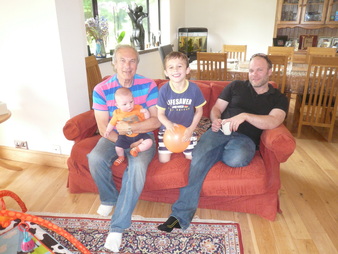
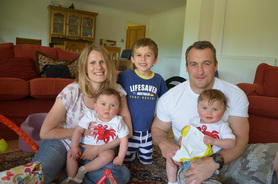

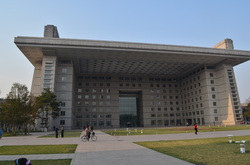
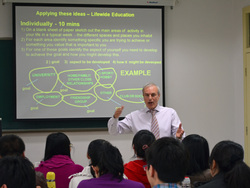

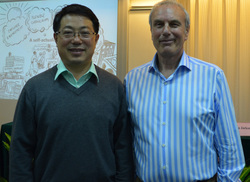
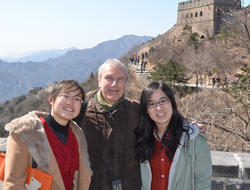
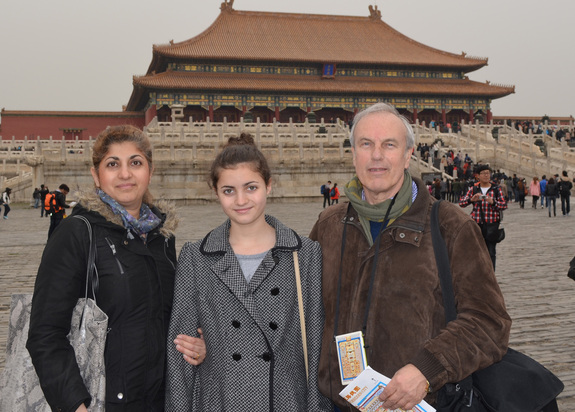
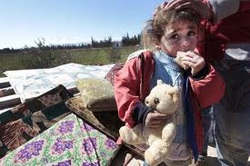
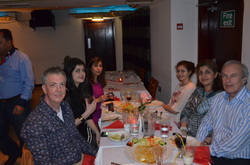




 RSS Feed
RSS Feed